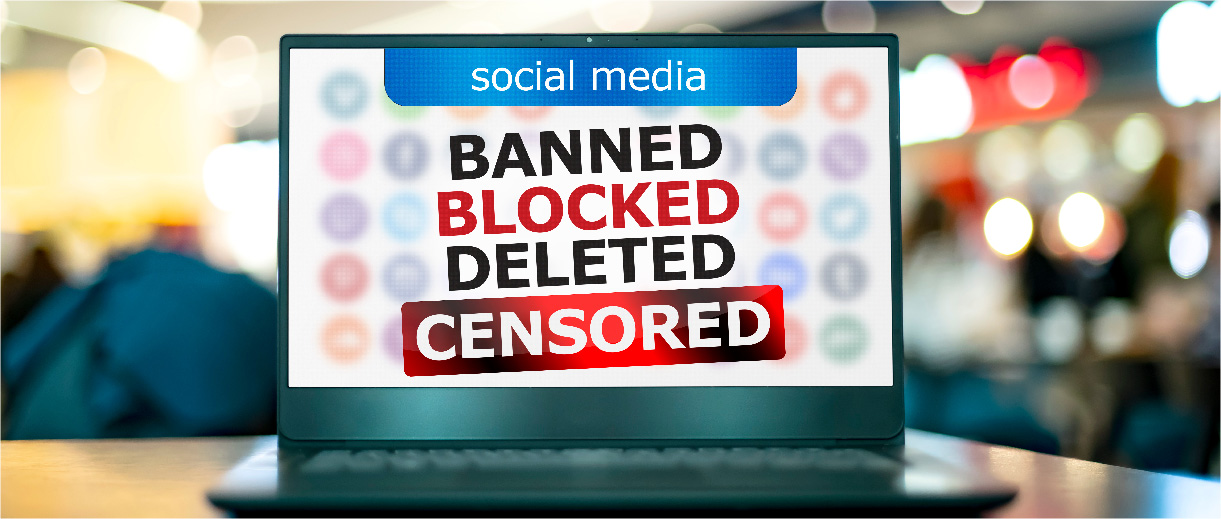
Intermediaries store or transport data on behalf of others and include online marketplaces, search engines, social media platforms, telecom and internet service providers. In 2008, the Information Technology Act (“IT Act“) was amended to protect intermediaries from accountability for any information belonging to third parties. Following this, the IT (Intermediary Guidelines) Rules, 2011 (“2011 Rules“) were framed under the IT Act to outline the criteria to be met by intermediaries in order to be granted the aforementioned exemption. On February 25, 2021, the Information Technology (Intermediary Guidelines and Digital Media Ethics Code) Rules, 2021 (“Rules“), were announced and replaced the 2011 Rules. According to the Ministry of Electronics and Information Technology (“MeitY“), the changes were necessary due to widespread worries about the prevalence of child pornography and content depicting sexual violence, the spread of fake news, the abuse of social media, the need to regulate content for online publishers, such as OTT platforms and news portals, a lack of transparency and accountability from digital platforms, and the rights of users of digital media platforms.
In response to various complaints regarding the response-or lack thereof-of the intermediaries to user complaints about undesirable content or account suspensions, the MeitY has now notified the Information Technology (Intermediary Guidelines and Digital Media Ethics Code) Amendment Rules, 2022 (“Amendment Rules“) to safeguard the rights of users as part of a significant effort to create an open, safe, trusted and accountable digital space. The Amendment Rules will come into effect from October 28, 2022. Additionally, the Amendment Rules strengthen the need for due diligence and ensures that social media platforms and other intermediaries are held accountable.
Uploading content that actively spreads false information or information that is obviously incorrect or misleading will no longer be permitted, placing a significant duty on intermediaries. Additionally, the Amendment Rules explicitly state that the intermediaries must uphold the rights guaranteed to Indian citizens by Articles 14, 19, and 21 of the Indian Constitution.
Key changes brought about by the Amendment Rules are as follows:
- Under the Rules, social media intermediaries were only required to provide users with information about the ‘rules and regulations, privacy policy, and user agreement’ that applied to their use of the social media intermediary’s platforms, as well as the types of content that users are not allowed to host, display, share, etc. on those platforms. The social media intermediaries now have an additional responsibility of making sure that their users are abiding by the pertinent platform guidelines. Additionally, social media intermediaries are obligated to ‘make reasonable’ measures to stop users from hosting illegal content on their platform. This significantly increases social media intermediaries’ accountability and, thus, their ability to censor and control information on their platforms.
- The terms “defamatory” and “libellous” have been eliminated from the grounds in rule 3(1)(b)(ii) which related to due diligence by intermediary. A judicial review will decide if any content is libellous or defamatory.
- Some of the content categories in rule 3(1)(b) have been revised to address misinformation and content that can instigate violence between various religious or caste groups.
- As soon as a complaint is made, social media intermediaries are now required to erase any information or communication links related to the six categories of content that are prohibited under rule 3(1)(b) within 72 (seventy-two) hours after receiving a complaint.
- Social media intermediaries have been obligated to take all reasonable measures to ensure accessibility of its services to users along with reasonable expectation of due diligence, privacy and transparency. In this context, the Amendment Rules also mandate that rules and regulations, privacy policy and user agreement of the platform should be made available in all languages listed in the eighth schedule of the Constitution.
- The Amendment Rules mandate that intermediaries uphold the rights that users are given by the Constitution, such as a privacy, transparency and reasonable expectation of due diligence.
- The extant framework did not provide for any recourse if the complainant is dissatisfied with the grievance officer’s order. The only course available to the complainant was to challenge the order under the writ jurisdiction of the High Courts or Supreme Court. Grievance Appellate Committees (“GAC“) will now be created so that users may challenge the actions taken by intermediaries in response to their complaints or the lack thereof. Each GAC will include a chairperson, two full-time members (two of whom must be independent), and one ex-officio member who are all selected by the central government. The grievance appellate panel will handle such an appeal “expeditiously” and try to reach a final decision within 30 (thirty) days of the appeal’s receipt date.
The Amendment Rules seek to protect the interests and constitutional rights of netizens, strengthen the grievance procedure and ensure that early-stage Indian start-ups aren’t negatively impacted by compliance with the above-mentioned requirements. This is sought to be achieved by giving social media intermediaries enhanced responsibilities to ensure better user interest protection and by way of establishing an appeals procedure for redressal of grievances.
















